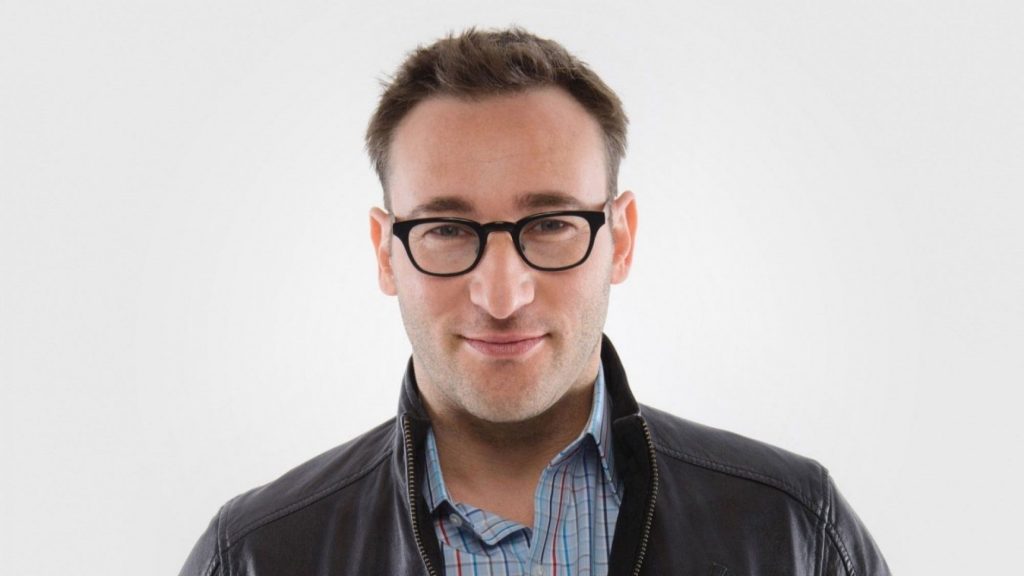In a move that signals a major leap forward in generative AI, OpenAI has quietly rolled out ChatGPT-5, its most advanced model to date….
7 TED Talks to change the way you see the world

It is no secret that entrepreneurs in need of inspiration are spoilt for choice with the more than 3 500 TED Talks freely available on the internet. In rare cases, watching a single talk can be life-changing.

Flow Communications chief executive Tara Turkington found seven talks which she found to be “memorable, useful and deeply insightful about some aspect of humanity.”
Turkington says since the first TED Talks were posted online in 2006, hundreds of millions of people have watched these short, powerful videos about technology, psychology, science, leadership, design and just about every topic you can think of. She lists seven of her all-time favourites.
1. Your body language may shape who you are: Amy Cuddy
60-million+ views, 20 minutes
Amy Cuddy is an American psychologist and professor at Harvard Business School who is an expert in body language. Her research has shown that we can chemically alter how we feel about something by consciously altering our body language.
Cuddy includes examples of raising your confidence before an intimidating event, such as a tricky negotiation or an important presentation, by adopting the “power pose” (throwing your arms up in the air and opening your mouth, like a victorious runner crossing the finish line) and the “superhero pose” (standing with your feet slightly apart and placing your hands on your hips), for just a few minutes before going into the daunting situation.
This will not only make you feel better and more confident immediately, but will, in turn, change how people perceive you for the better and bolster your chances of success.
Whether you’re a parent, a leader of a team or organisation, or just someone who wants to improve your presentation skills, this talk is well worth watching.
2. The happy secret to better work: Shawn Achor
20-million+ views, 12 minutes
Psychologist and bestselling author (most famously of The Happiness Advantage, published in 2010), Shawn Achor is a leading proponent of the relatively new field of positive psychology. In this funny and practical video, he explains how training your brain to be happy precedes success, rather than the common assumption that success fuels happiness.
Achor advocates a few simple ways to actively implement your own happiness. First and foremost is to have a “gratitude attitude” (something he taught Oprah Winfrey about, and of which she became a famous advocate). He also recommends keeping a gratitude journal that marks what you are grateful for, openly articulating gratitude, and meditating and exercising daily.
3. The power of vulnerability: Brené Brown
50-million+ views, 20 minutes
Brené Brown is a professor at the University of Houston who studies vulnerability and its links to courage, shame and empathy. She argues that it is through understanding and being honest about our unique vulnerabilities that humans can learn to connect better with one another and to have self-compassion, which will ultimately lead to us feeling worthy of love and joy. Vulnerability, when you are out of your comfort zone, is inextricably linked to courage, she argues. “We can measure how brave you are by how vulnerable you’re willing to be.”
Since this 2010 TED Talk, Brown has gone on to write and speak extensively on the topic. In 2019, Netflix released her documentary, Brené Brown: The Call to Courage, and she has a popular podcast, Unlocking Us with Brené Brown.
4. The puzzle of motivation: Daniel Pink
20-million+ views, 18 minutes
Daniel Pink is the author of several bestselling books about business and behaviour. In this 2009 TED Talk, he looks at what motivates people and challenges the commonly held belief in the world of work that if you reward people well, you will motivate them to perform better.
He shares a fascinating experiment done by veteran professor of psychology Sam Glucksberg, proving that people who were offered incentives to figure out how to attach a candle to a wall in a way it didn’t drip wax performed on average far worse than those not offered incentives.
Pink argues that “contingent motivators” – “if you do this, then you get that” types of encouragement – often don’t work, particularly for jobs that require a degree of creativity. Instead, he says, autonomy, mastery and purpose are the most important factors in enhancing work engagement. Freedom from micromanagement, the ability to progress in skill and meaningfulness in work are all far more important than monetary rewards.
5. Celebrate what’s right with the world: Dewitt Jones
1-million+ views, 18 minutes
Outdoor photographer Dewitt Jones, who spent more than 20 years photographing for National Geographic, dares us, in this charming talk, to look at the world through a positive lens, a “lens of celebration” that sees the beauty in the world. “The lens we choose transforms the way we look at things,” he argues.
Using his own breath-taking photographs, he shows us the beauty of nature from different angles, and encourages us to find our own angles and lenses that celebrate the beauty around us.
“Creativity is the ability to look at the ordinary and see the extraordinary,” he says. And to do that, we need to consciously adjust our lenses. “Our vision controls our perception, and our perception becomes our reality.”
6. How great leaders inspire action: Simon Sinek
Simon Sinek, author of the bestselling business book Start with why: How great leaders inspire everyone to take action, argues the best business leaders and organisations start with the question “why?”, before “how?” and, finally, “what?”, and that it is this question that inspires people to love certain brands over others and to adopt the causes they do.
He uses a wide range of examples, from the Wright brothers to Apple. If you enjoy this classic TED Talk from 2009, you might also enjoy Sinek’s 2014 TED Talk, Why good leaders make you feel safe, in which he argues that the best leaders are those who create an environment of trust for their teams.
7. What makes a good life? Lessons from the longest study on happiness: Robert Waldinger
40-million+ views, 12 minutes
Robert Waldinger is a psychiatrist, Zen priest and the director of the Harvard Study of Adult Development, one of the most comprehensive studies ever undertaken about what makes people happy over the course of a lifetime.
The study, started in 1938, followed 238 Harvard students (all men, as women were not allowed into Harvard then) over nearly 80 years, from the time they were young adults into old age (the cohort included John F Kennedy, who was to become United States president in 1961). It also included 456 poor men growing up in Boston from 1939.
Waldinger points out that for perhaps the majority of young people today, life goals include making money and becoming famous. Actually, the people who will be happiest are those who have love in their lives and good relationships with those around them.
“The clearest message that we get from this 75-year study is this: good relationships keep us happier and healthier. Period,” says Waldinger. “Our study has shown that the people who fared the best were the people who leaned into relationships, with family, with friends, with community.”
The study affirms that having someone close to you to rely on helps you both mentally and physically and shows that those who are lonely will physically decline quicker and die younger than those who aren’t.
“It’s not just the number of friends you have, and it’s not whether or not you’re in a committed relationship,” says Waldinger. “It’s the quality of your close relationships that matters.”
ALSO READ: 7 ways your accountant can support your business growth

